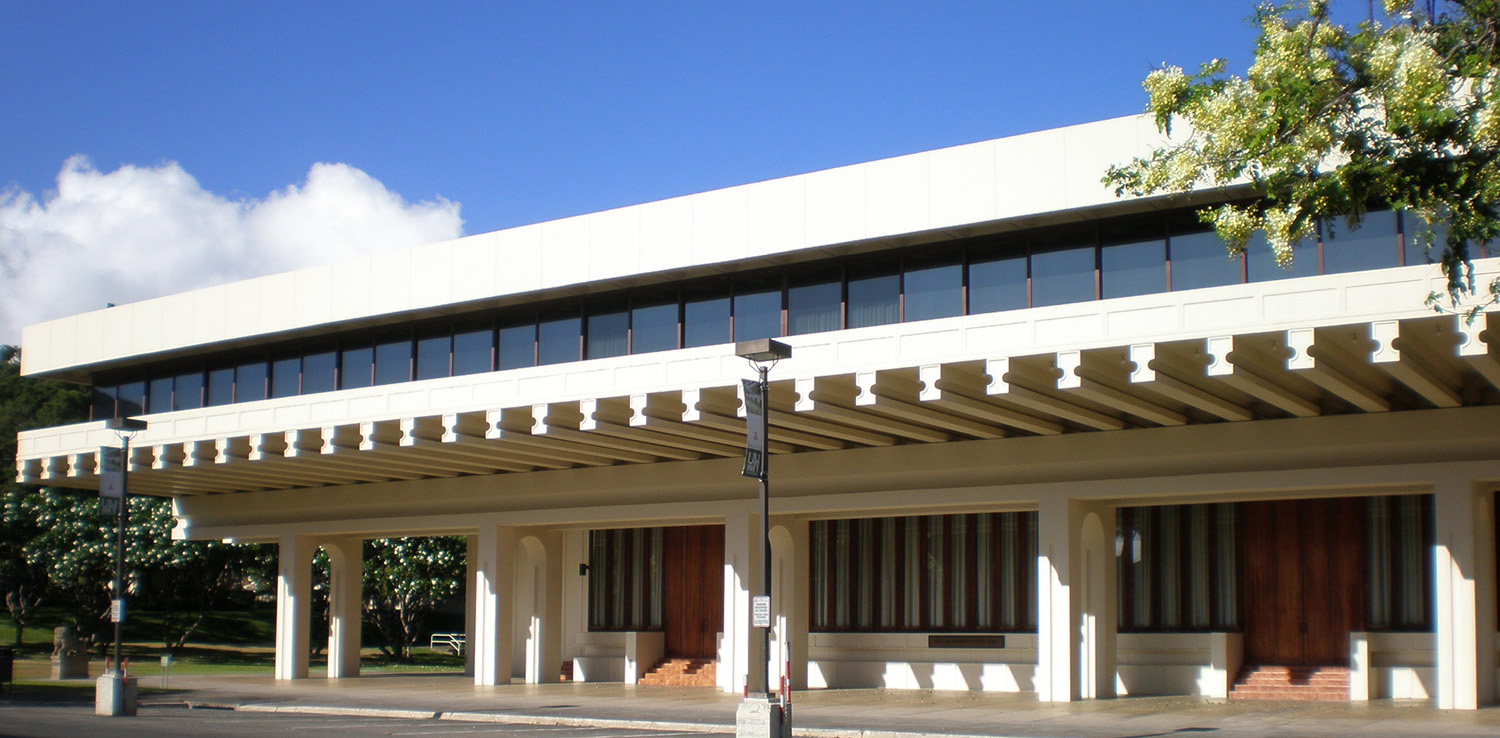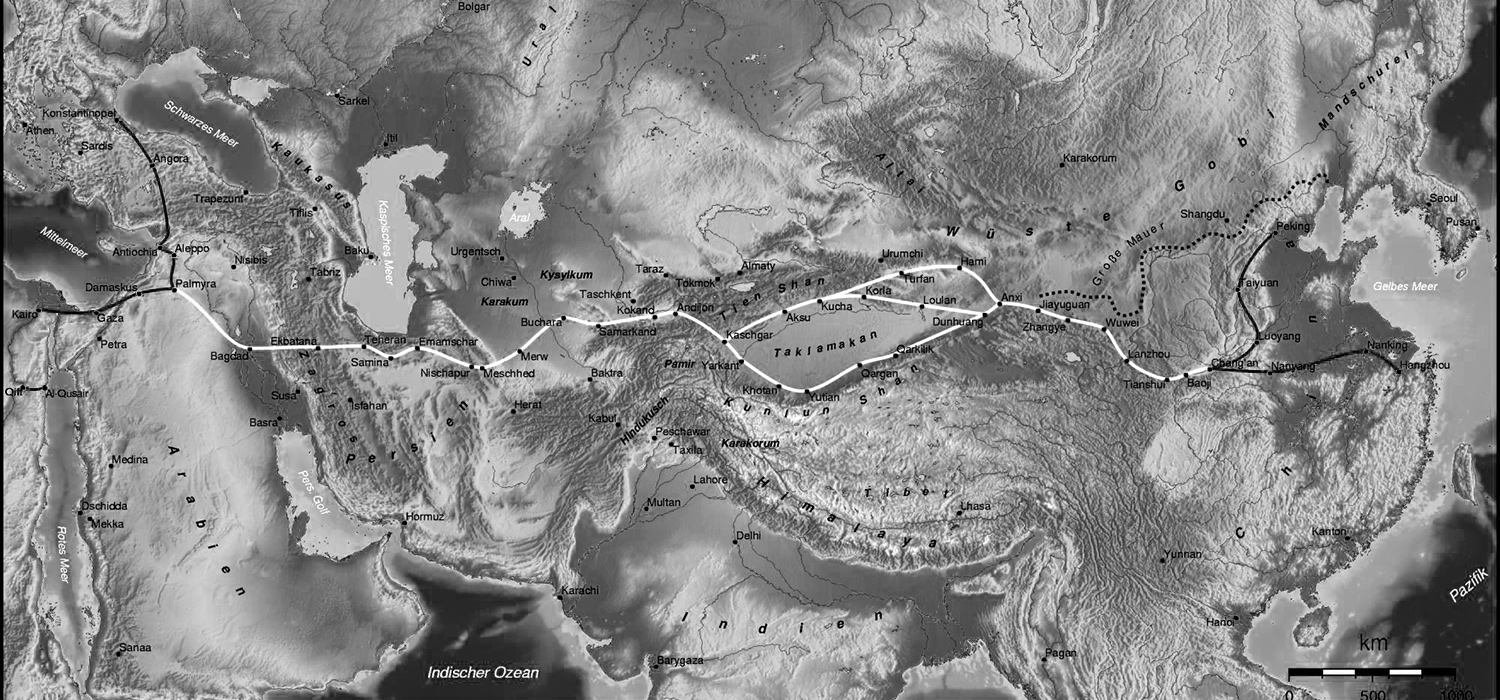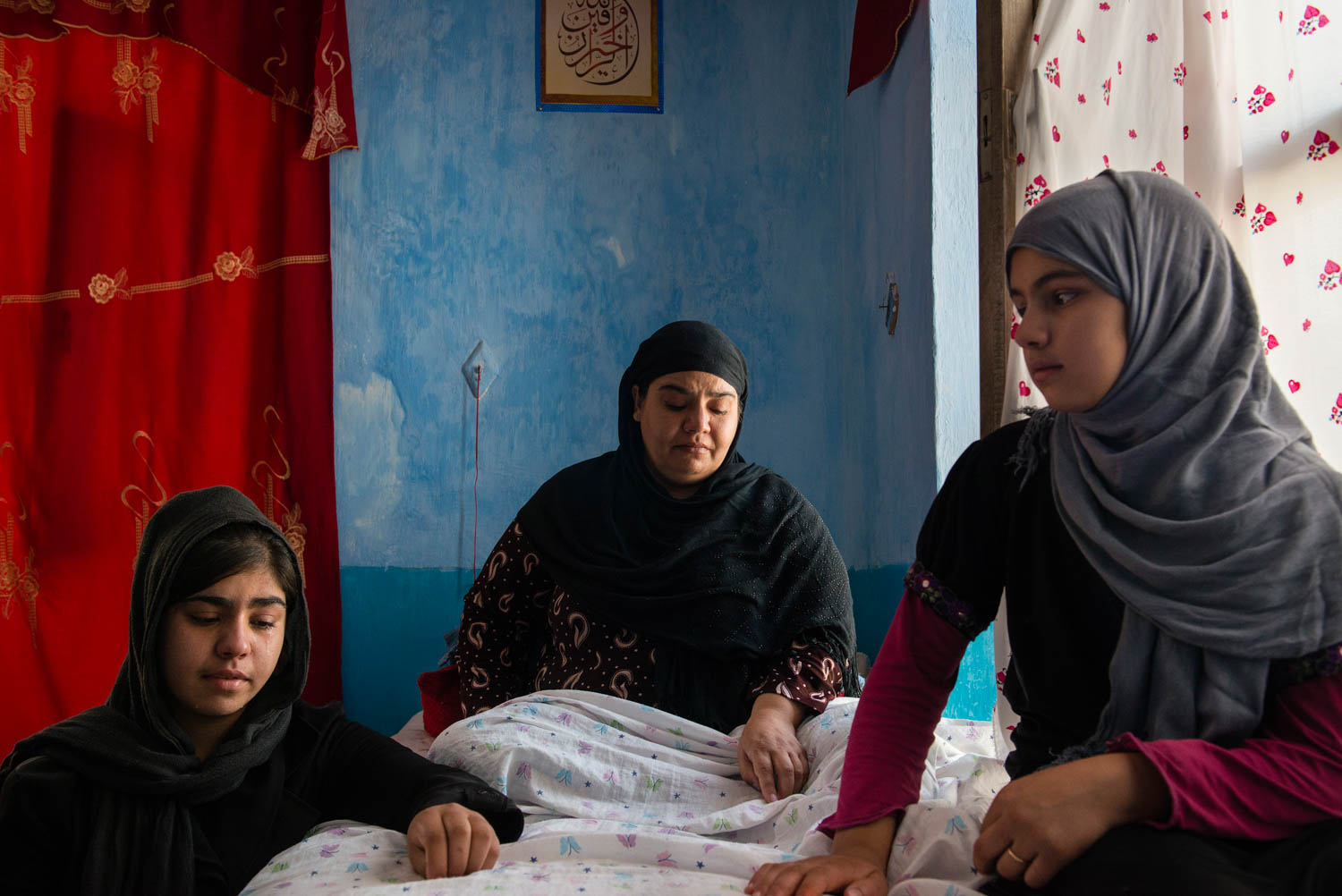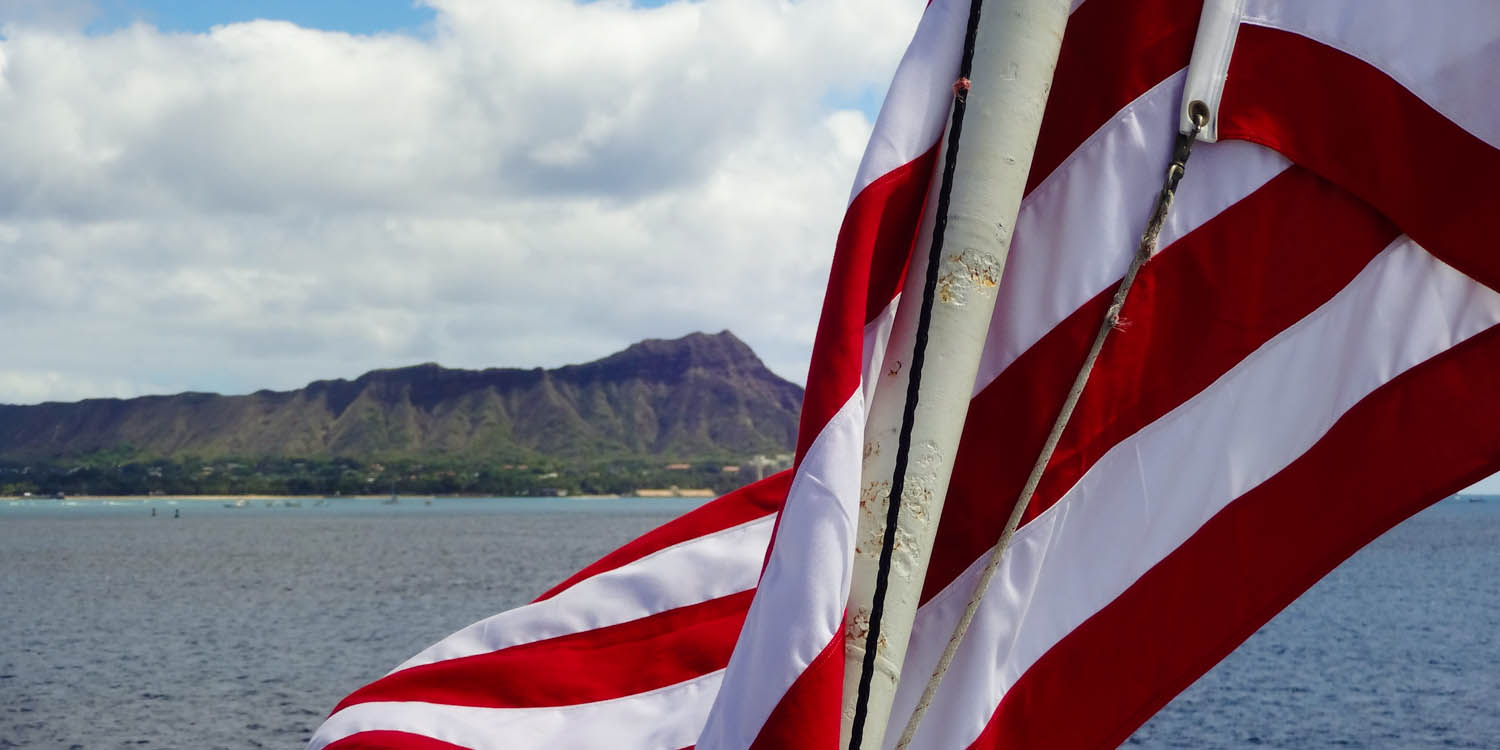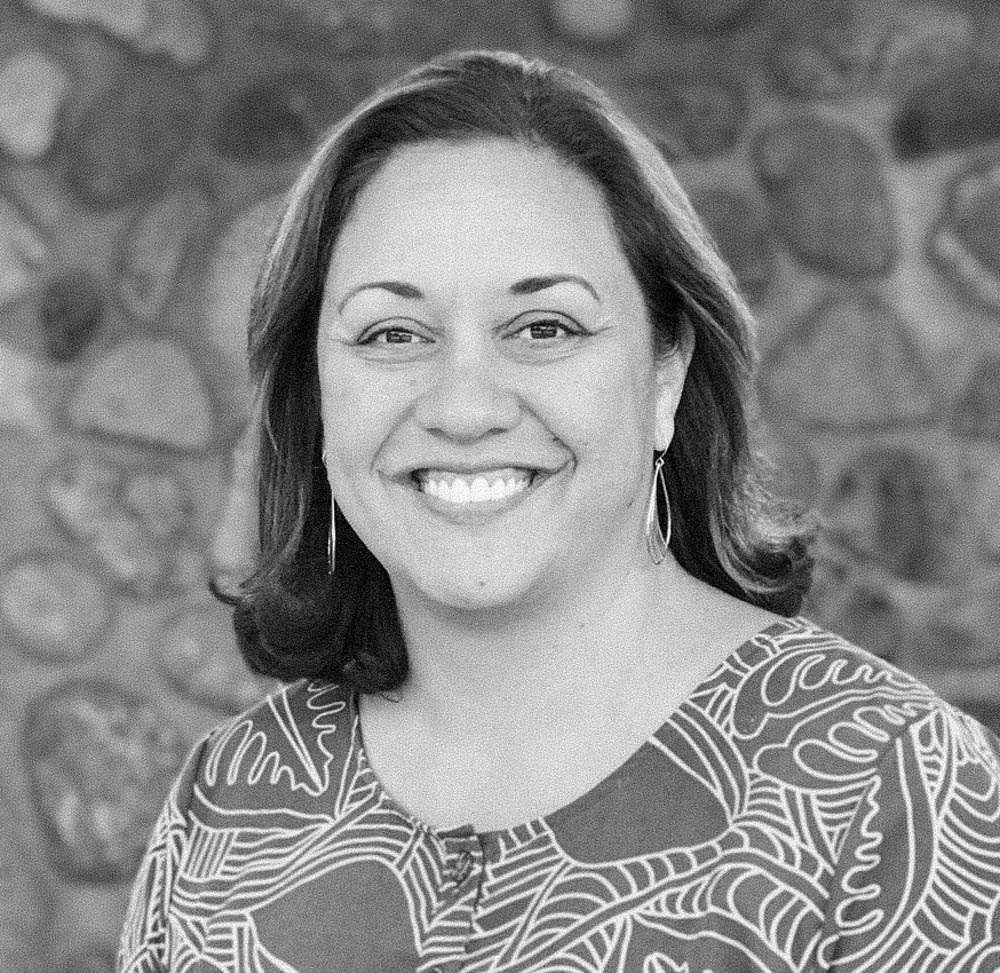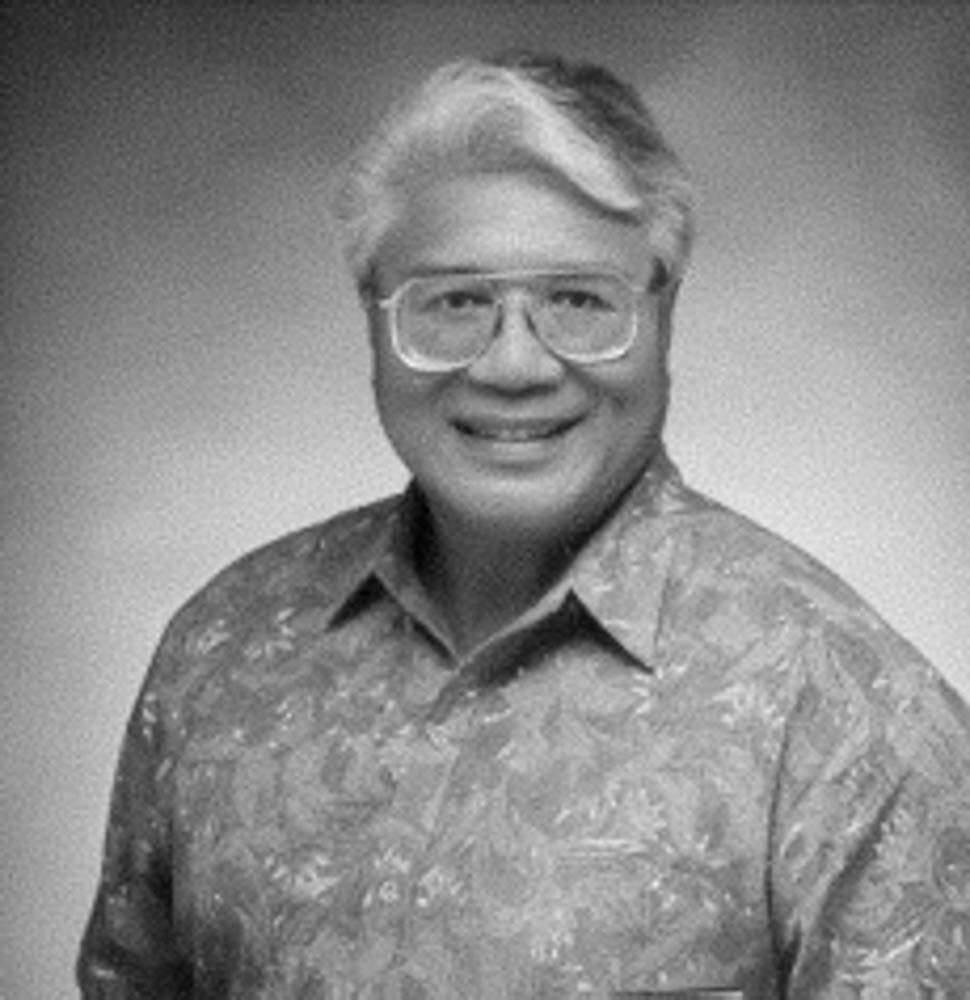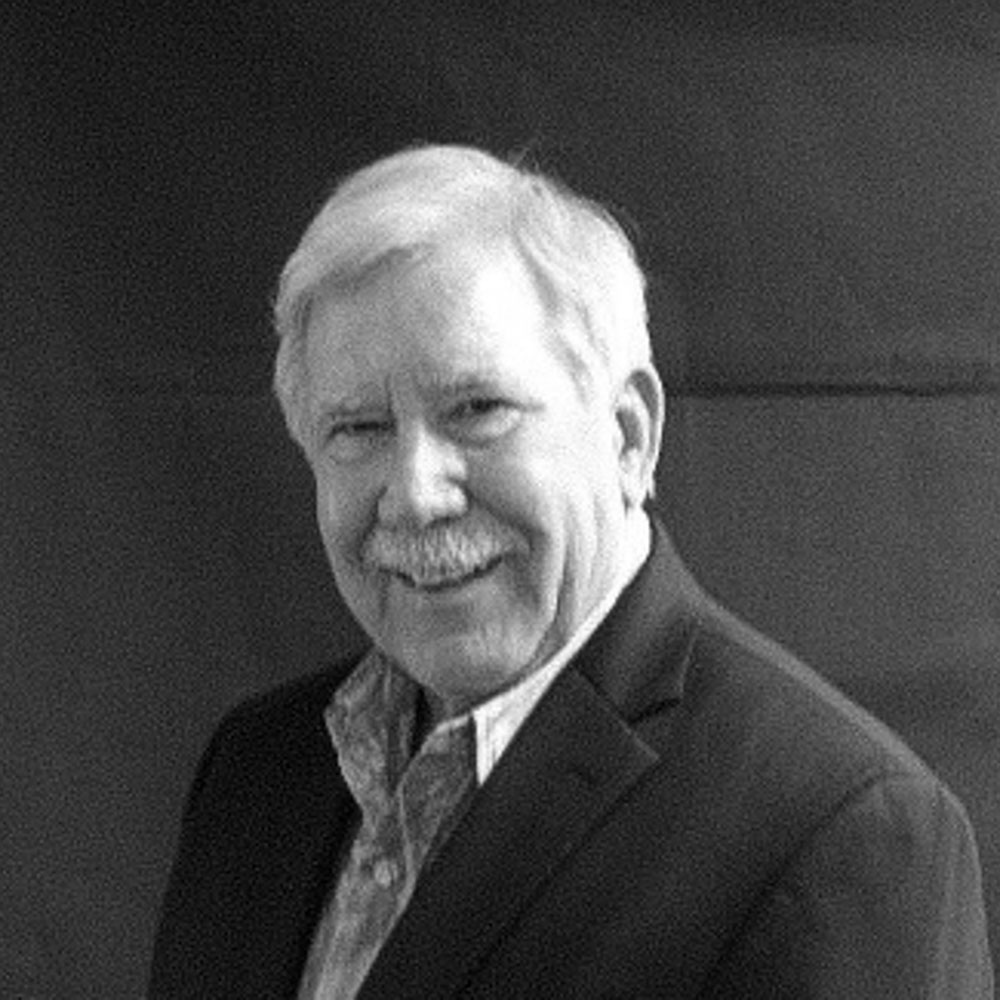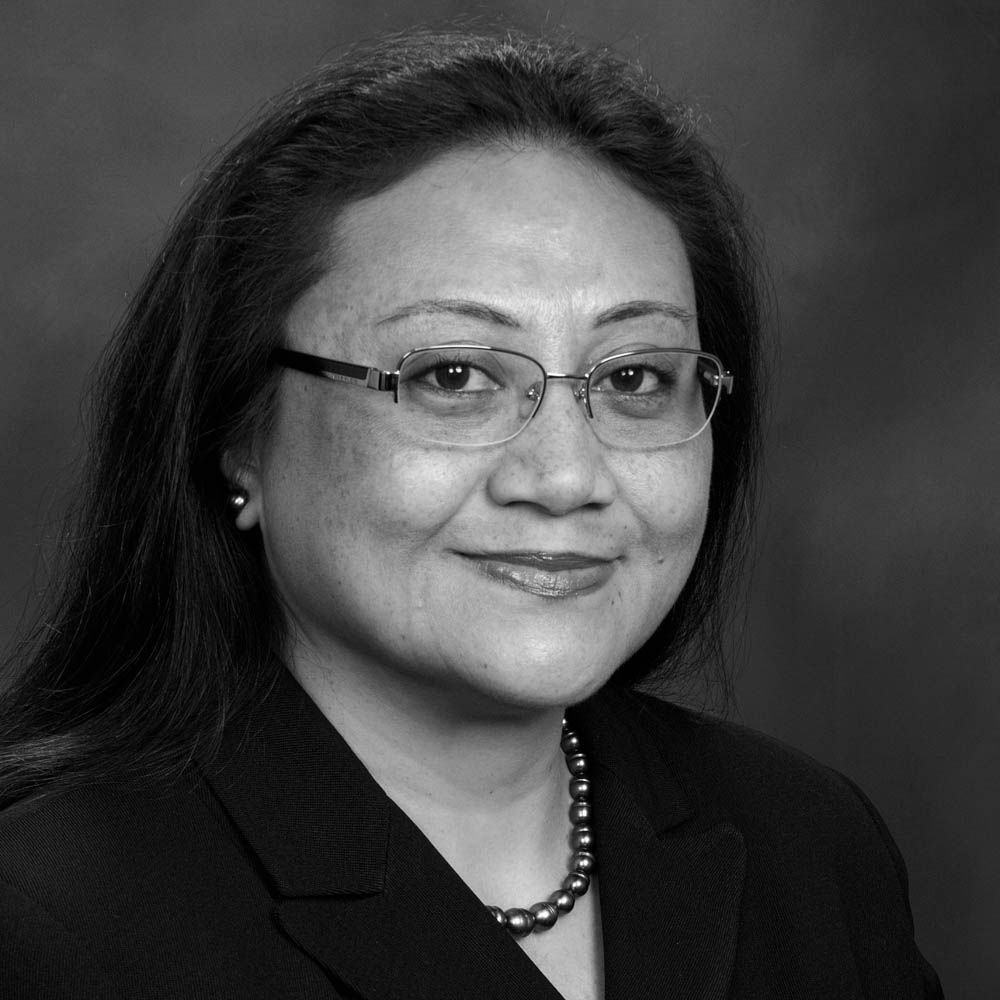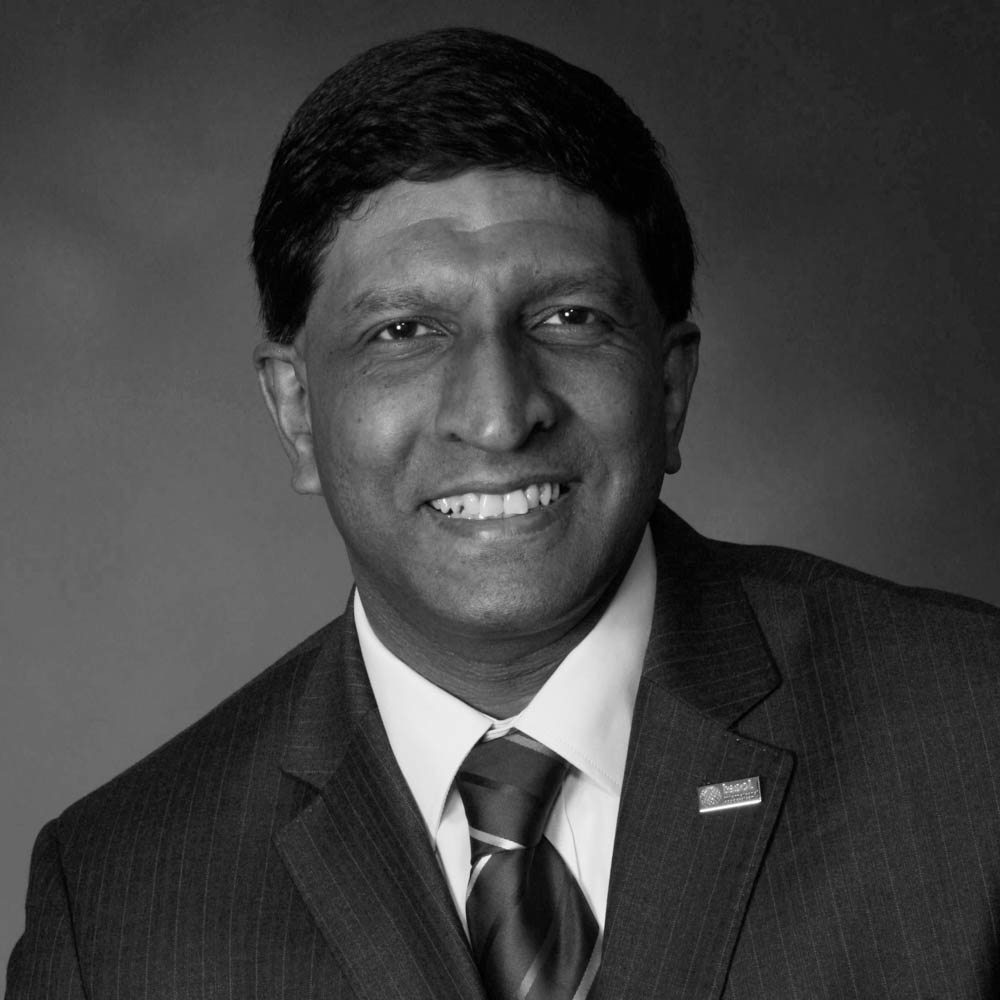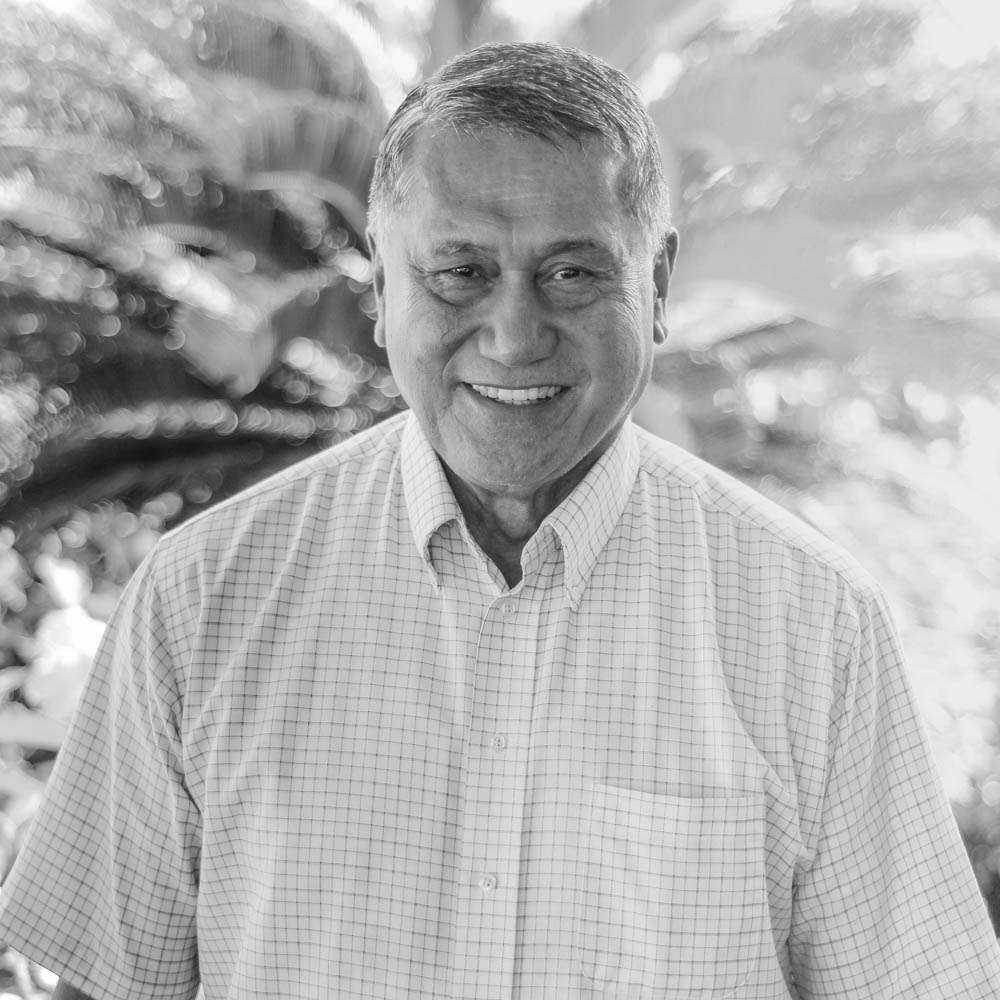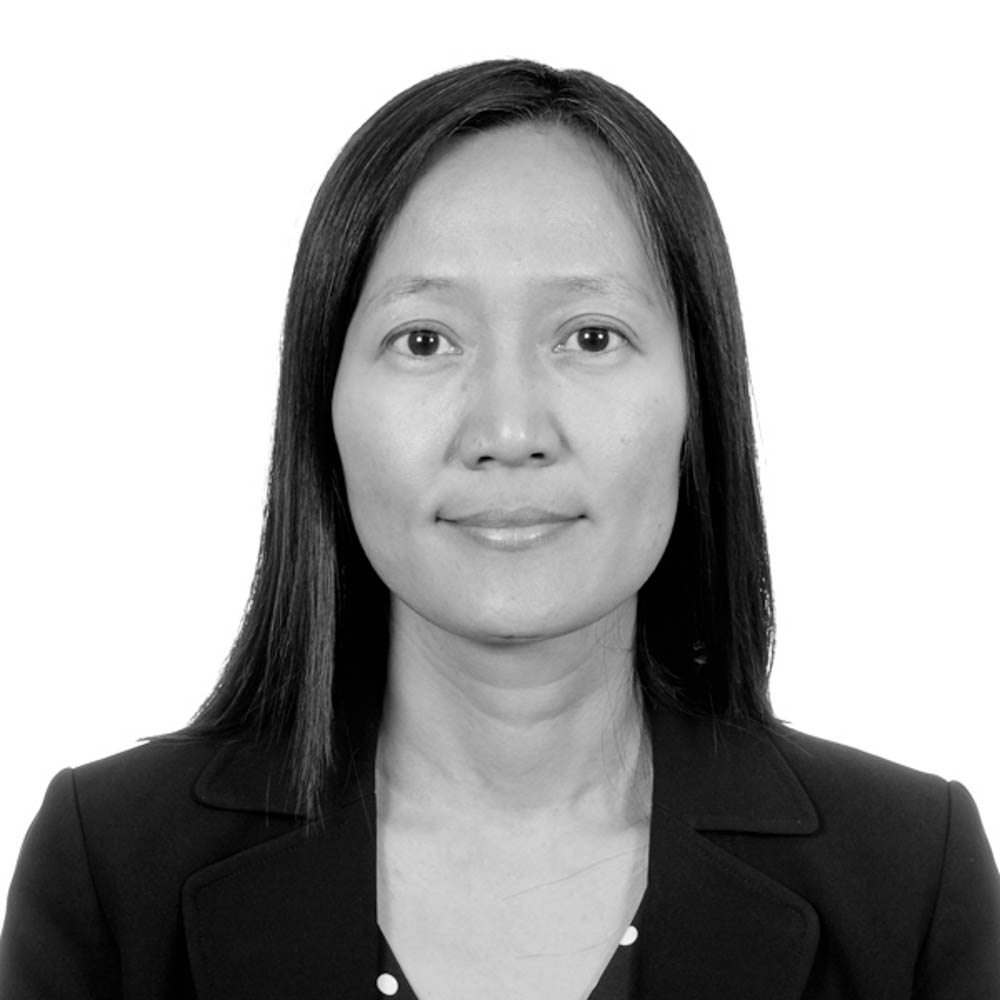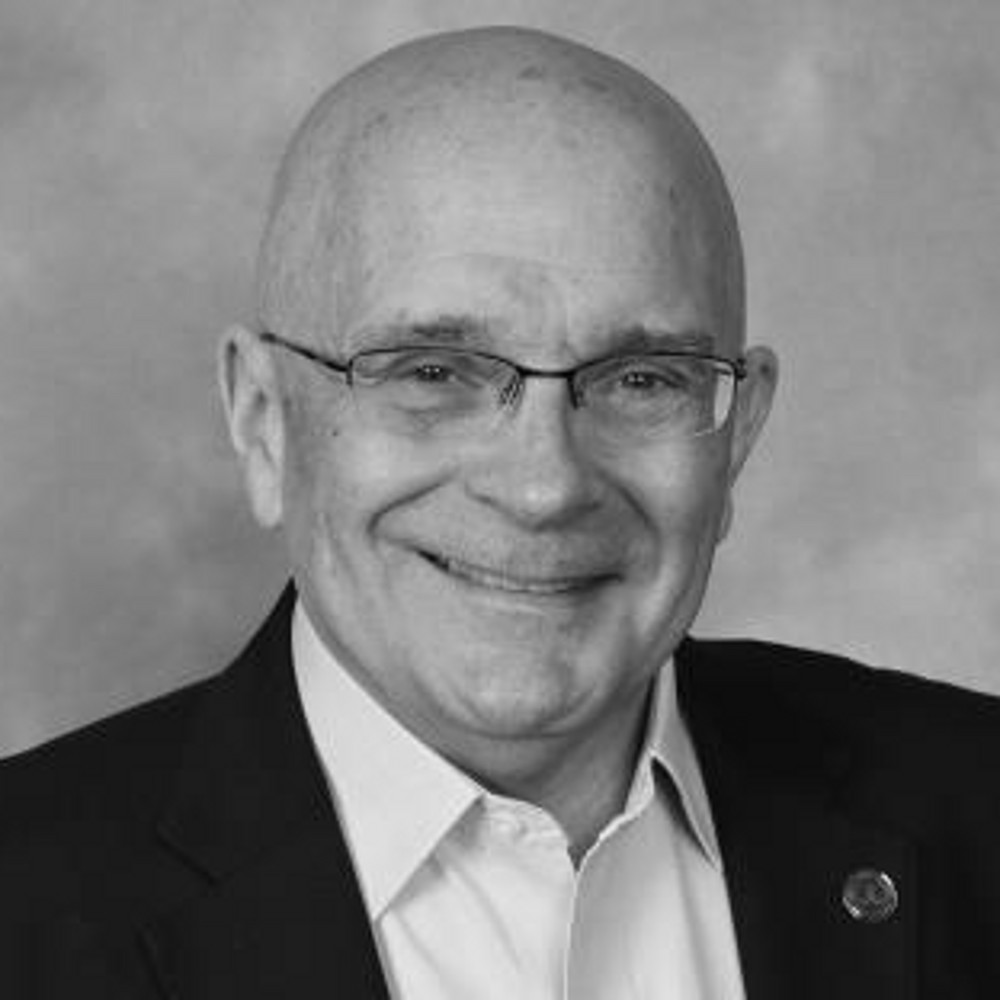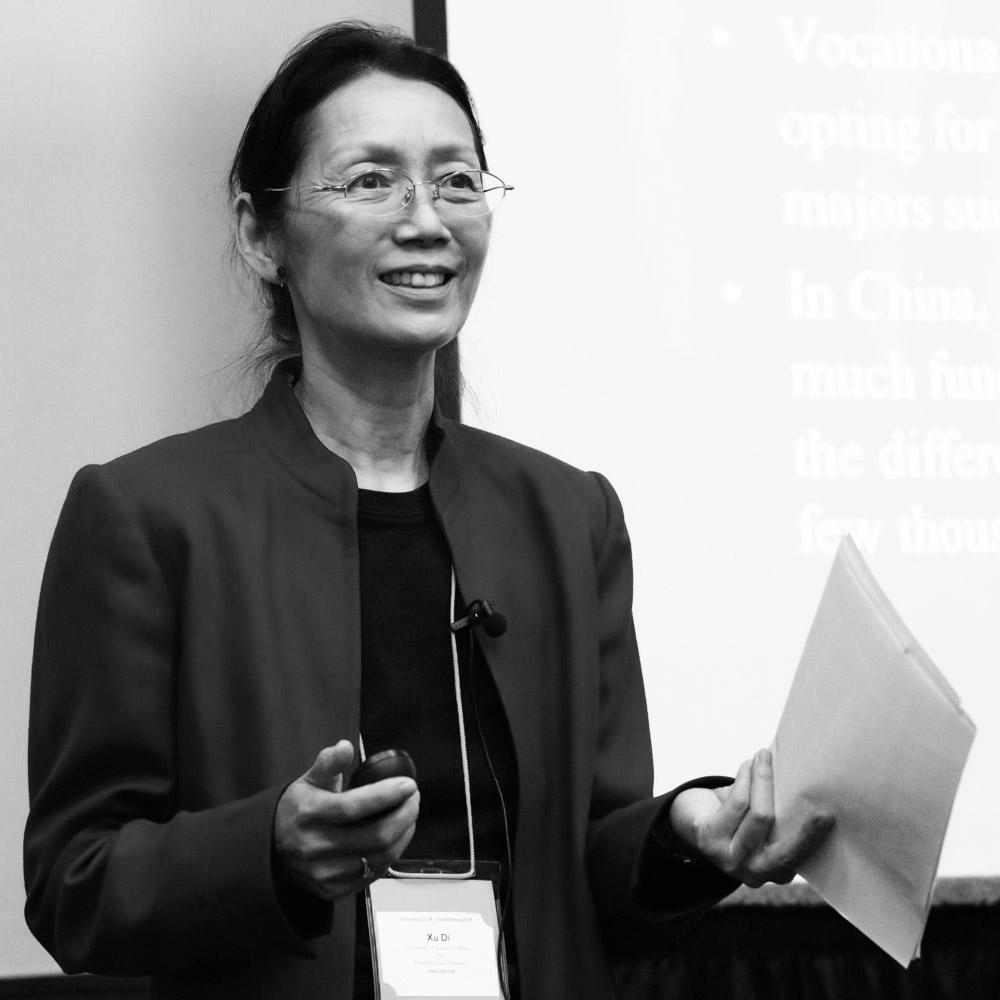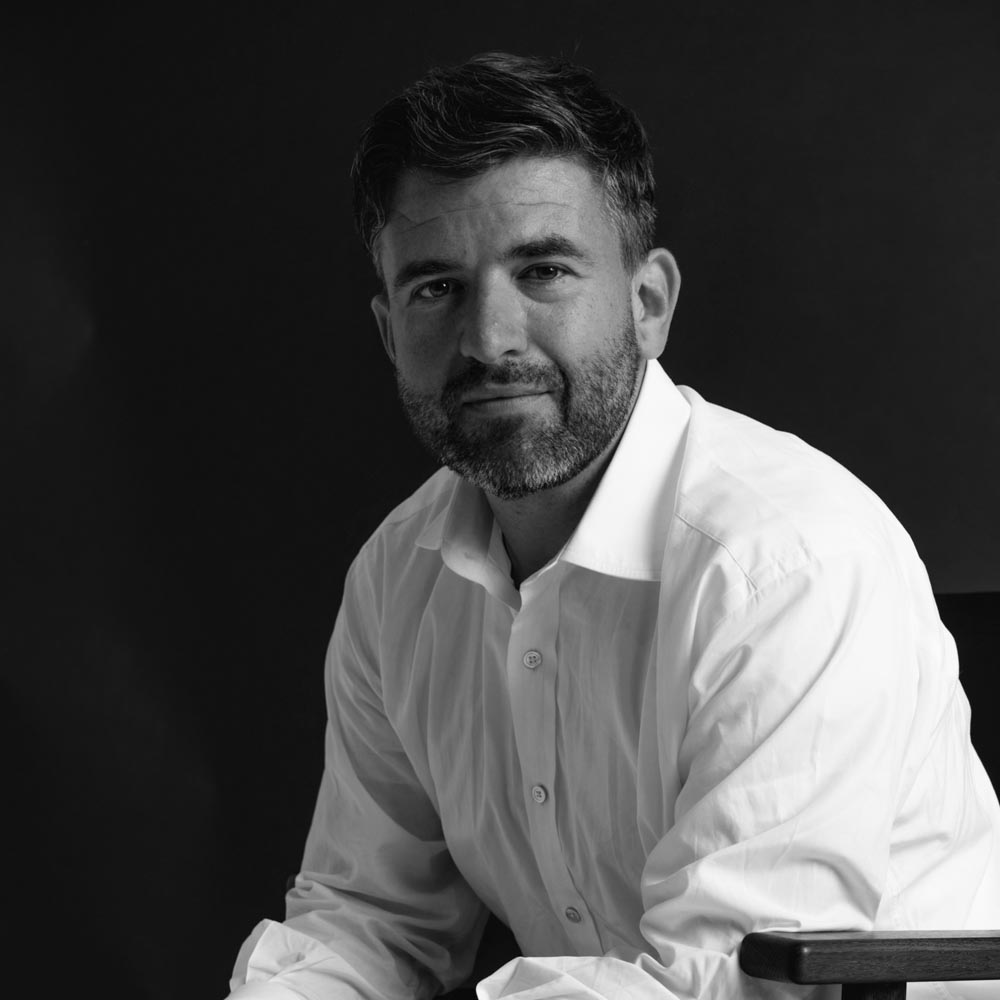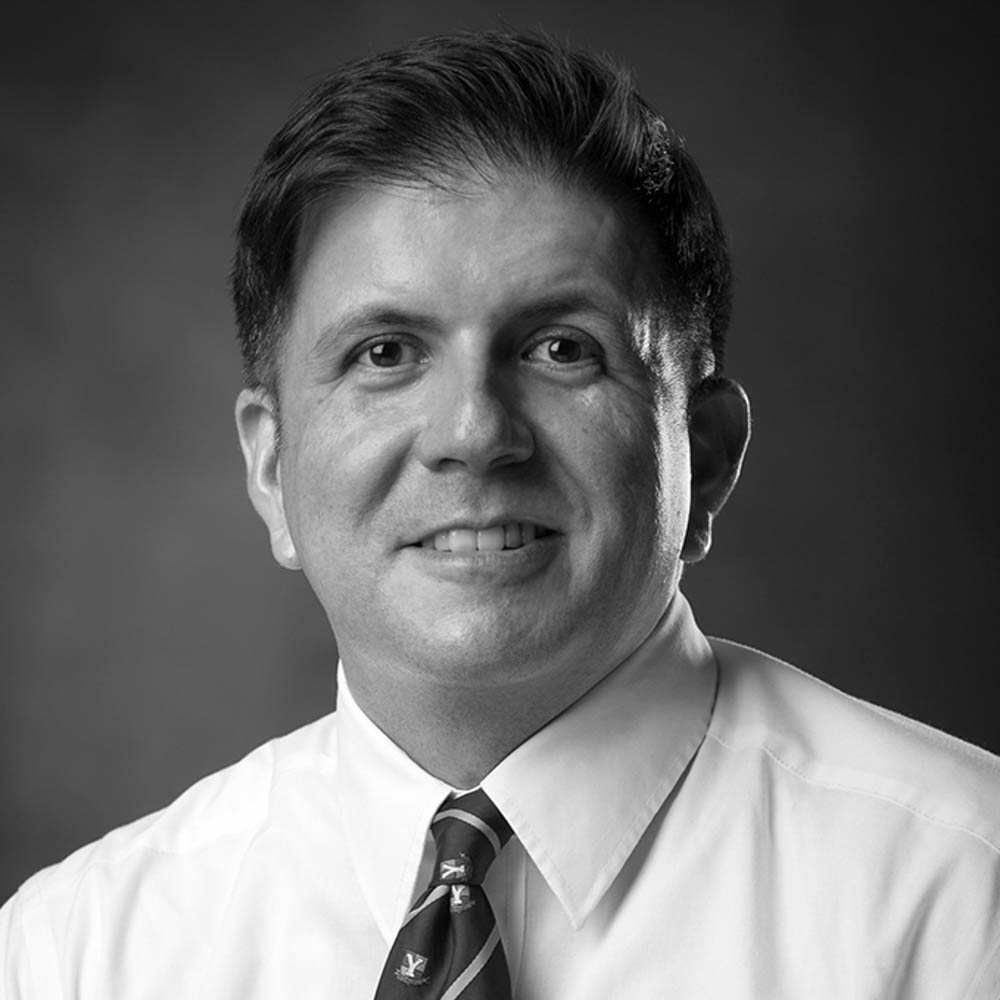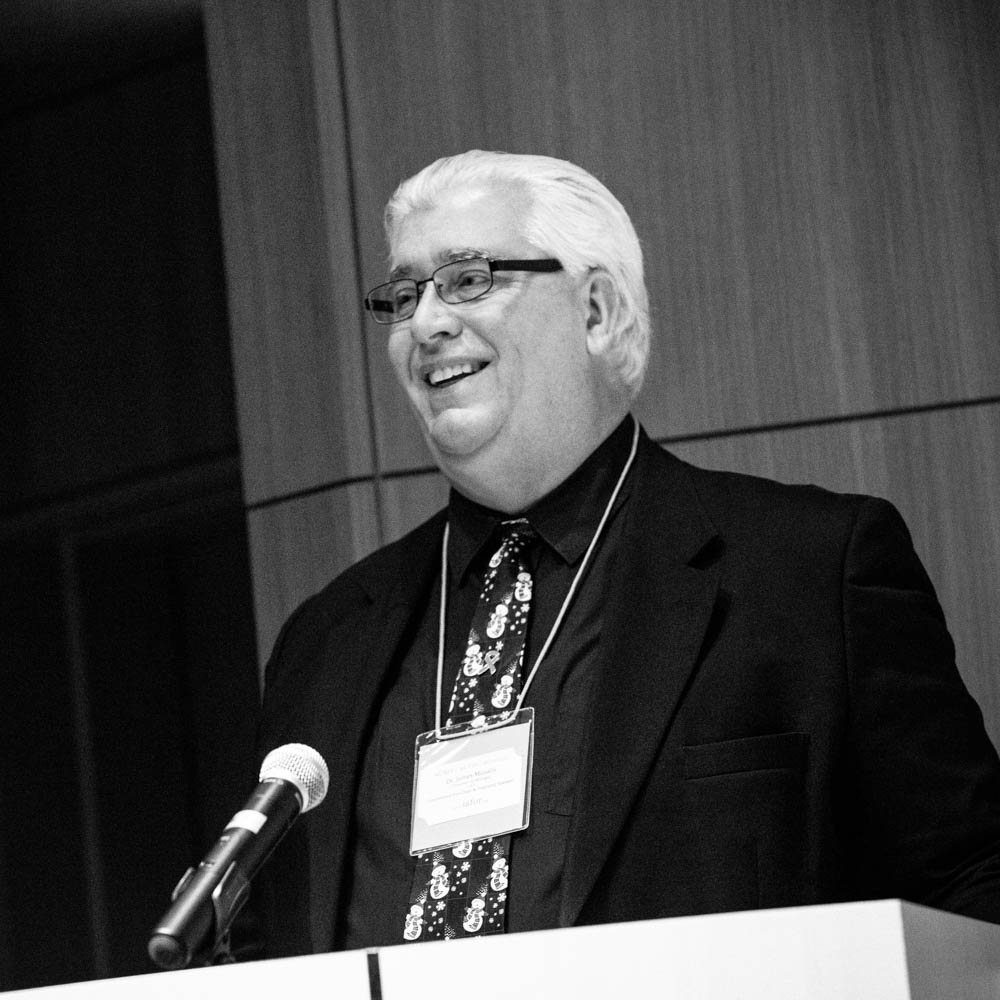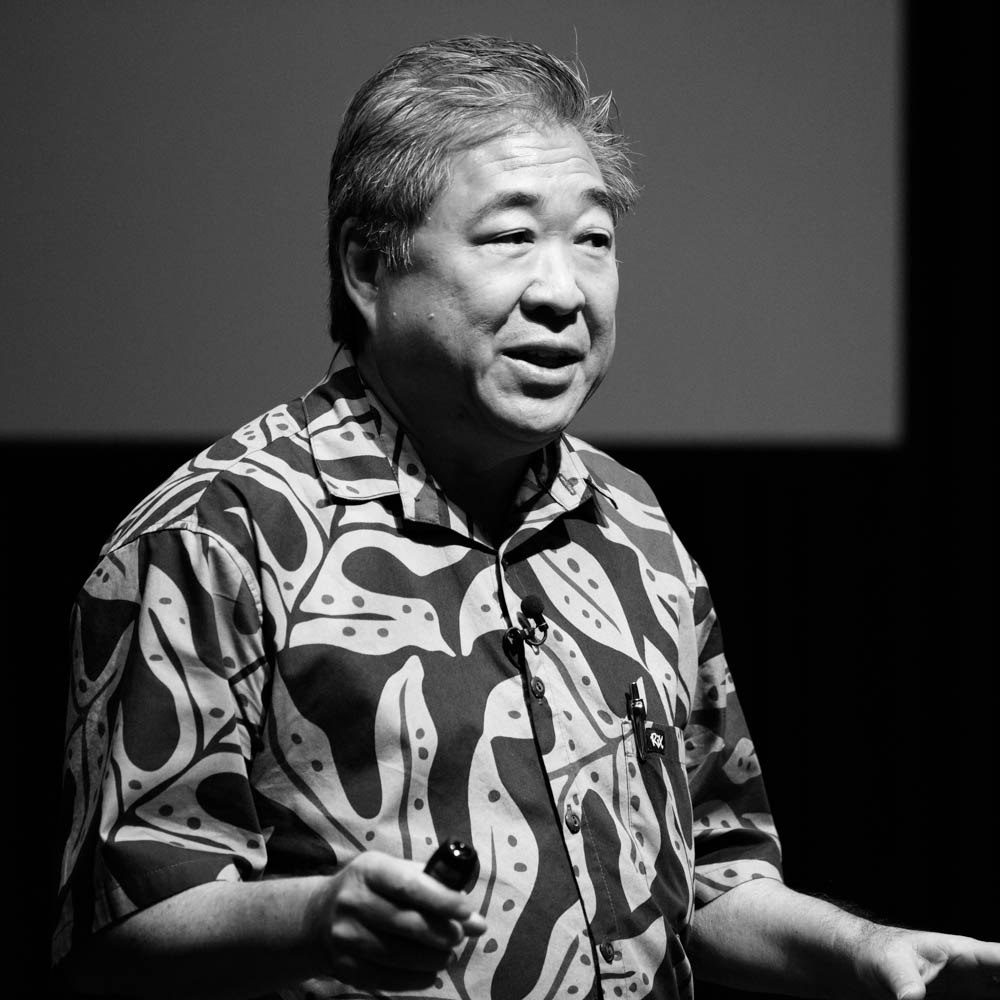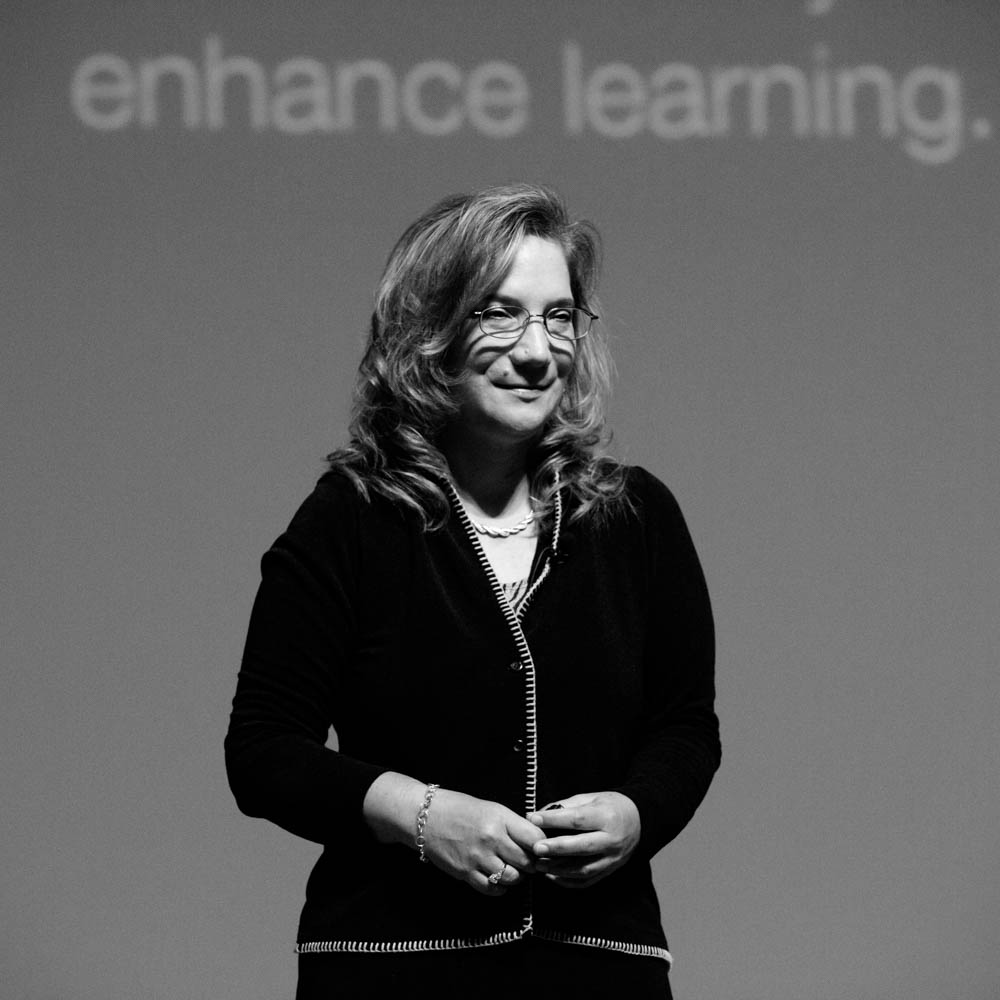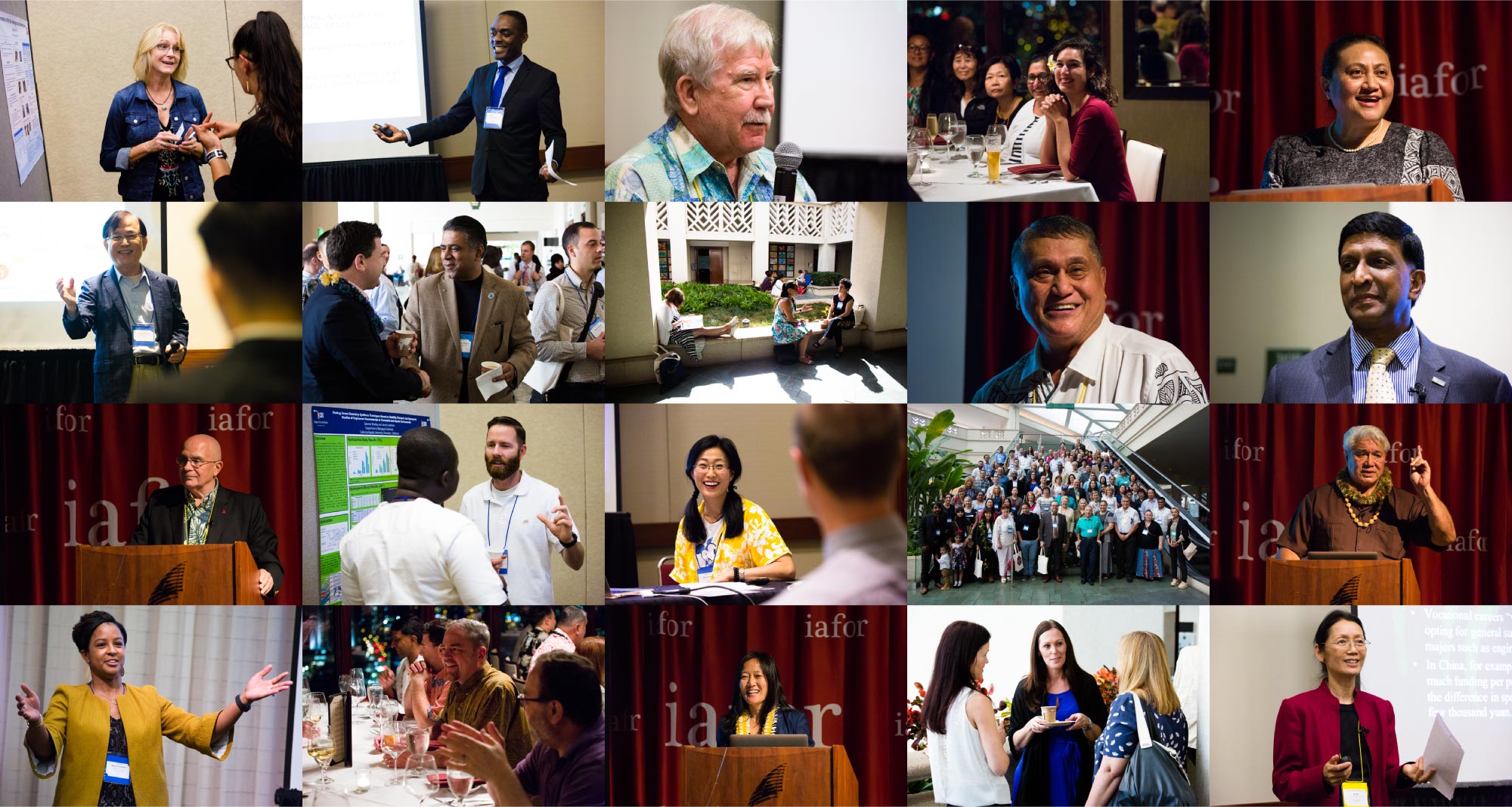
“Surviving and Thriving in Times of Change”
January 4–6, 2018 | The Hawai'i Convention Center, Honolulu, Hawaii, USA
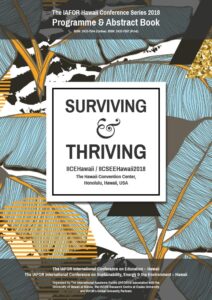 In 2017, IAFOR education conferences in Asia, Europe, the Middle East and North America have brought together delegates from around the world to consider the theme of “Educating for Change” from a variety of different perspectives and approaches, taking full advantage of the international make-up of the attendees and the huge diversity of experiences. A recurring theme throughout the conferences was the reference to the future, be it immediate or longer term, as being uncertain; the natural resilience and optimism was counterbalanced by both apprehension; with hope also came fear.
In 2017, IAFOR education conferences in Asia, Europe, the Middle East and North America have brought together delegates from around the world to consider the theme of “Educating for Change” from a variety of different perspectives and approaches, taking full advantage of the international make-up of the attendees and the huge diversity of experiences. A recurring theme throughout the conferences was the reference to the future, be it immediate or longer term, as being uncertain; the natural resilience and optimism was counterbalanced by both apprehension; with hope also came fear.
In this period of great global political and economic instability, rising inequality and social unrest, the role of education within society has never been more important, but never more vulnerable. This brings us to our conference theme for 2018, which references these inherent vulnerabilities in both educational systems and the individual students and teachers, as well as the necessary resilience needed to not only survive, but also thrive.
How do we teachers, administrators and policymakers adopt and adapt to change outside our control? How do we nurture and encourage positive change, through the excitement of the imagination, innovation and creativity? How can technologies be better used to help us teach, and to help students learn? How do we sustain and manage change? How can we react positively to negative change? How can we, our institutions and our students survive and thrive in these times of change?
The Local Context: Hawaii and the Pacific
This unique international conference, organised in affiliation with IAFOR Global Partners, including the University of Hawai'i at Manoa, offers a unique location from which to consider a number of issues and trends in education, including distance, access and rural education, the frictions between the preservation and challenging of traditional and indigenous cultures, languages and wisdoms, and how alternative and marginalised groups are (re)valued. The population of the islands is multicultural and rich in the difference one would expect from its geographical location equidistant from Asia and the Americas. As part of the US system, the islands that make up Hawaii have a colonial past and present that informs questions of knowledge and identity, and invites discussions of social justice issues.
Programme
-
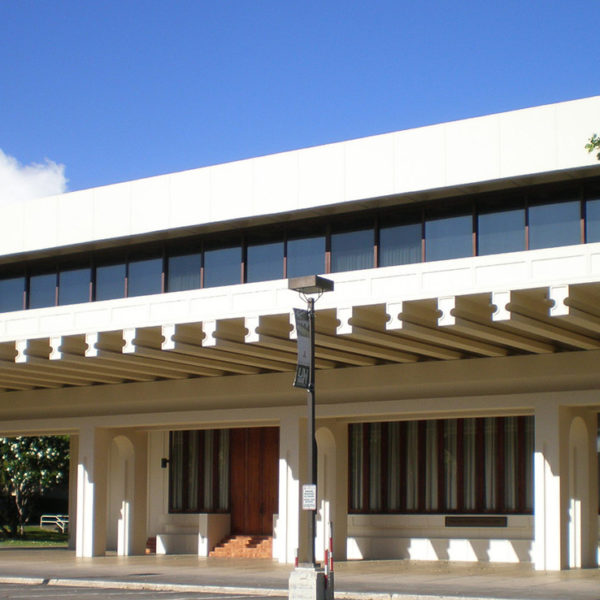 The East-West Center “Spin” on EducationKeynote Presentation: Richard R. Vuylsteke
The East-West Center “Spin” on EducationKeynote Presentation: Richard R. Vuylsteke -
 Native Hawaiian Health: Opportunities to Develop Healthy Leadership and WorkforceKeynote Presentation: Sheri-Ann Daniels
Native Hawaiian Health: Opportunities to Develop Healthy Leadership and WorkforceKeynote Presentation: Sheri-Ann Daniels -
 Anticipating Educational Needs That Ensure a Diverse, Equitable, and Inclusive Workforce for a Changing U.S. PopulationKeynote Presentation: Sela V. Panapasa
Anticipating Educational Needs That Ensure a Diverse, Equitable, and Inclusive Workforce for a Changing U.S. PopulationKeynote Presentation: Sela V. Panapasa -
 Education in a Changing World: New Partnership and Changing Paradigm for Education DevelopmentKeynote Presentation: Xiaoyan Liang
Education in a Changing World: New Partnership and Changing Paradigm for Education DevelopmentKeynote Presentation: Xiaoyan Liang -
 Surviving and Thriving: Education in Times of ChangeKeynote Presentation: Failautusi ‘Tusi’ Avegalio
Surviving and Thriving: Education in Times of ChangeKeynote Presentation: Failautusi ‘Tusi’ Avegalio -
 Educational Policy: Does the Democratisation of Education in Educational Systems Fuel Economic and Social Inequality?Featured Panel Presentation: David P. Ericson, Xu Di & Joseph Haldane
Educational Policy: Does the Democratisation of Education in Educational Systems Fuel Economic and Social Inequality?Featured Panel Presentation: David P. Ericson, Xu Di & Joseph Haldane -
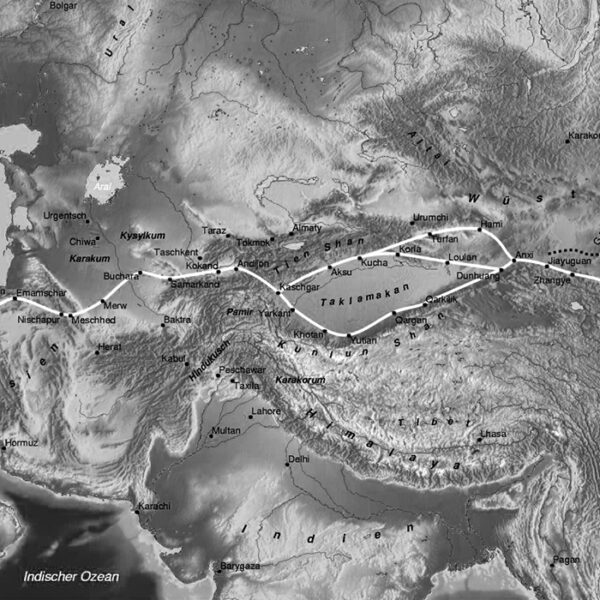 IAFOR Silk Road Initiative Information Session
IAFOR Silk Road Initiative Information Session -
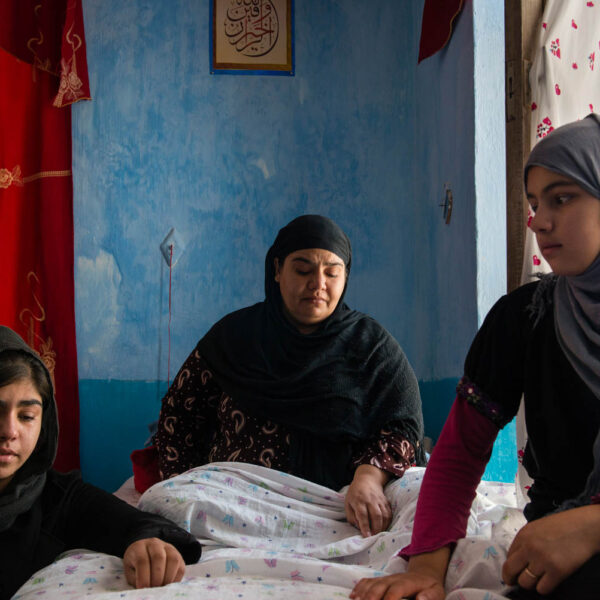 IAFOR Documentary Photography Award 2017 | Award Winners Screening
IAFOR Documentary Photography Award 2017 | Award Winners Screening -
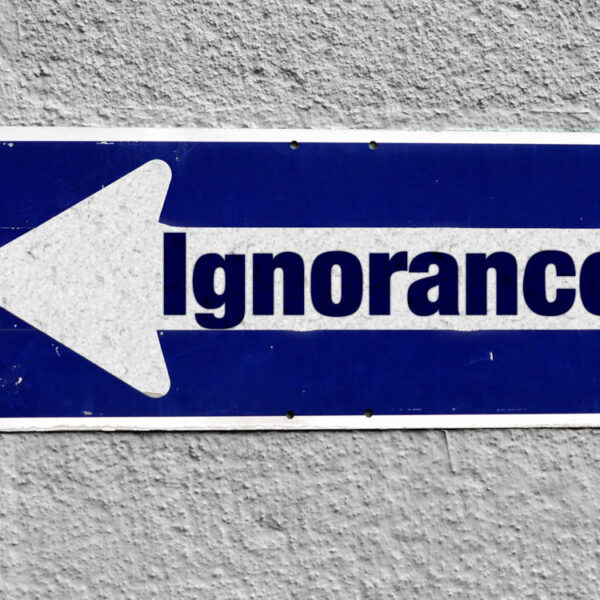 ‘Ignorance is Bliss’: The New Anti-Education MovementKeynote Presentation: Andy Curtis
‘Ignorance is Bliss’: The New Anti-Education MovementKeynote Presentation: Andy Curtis -
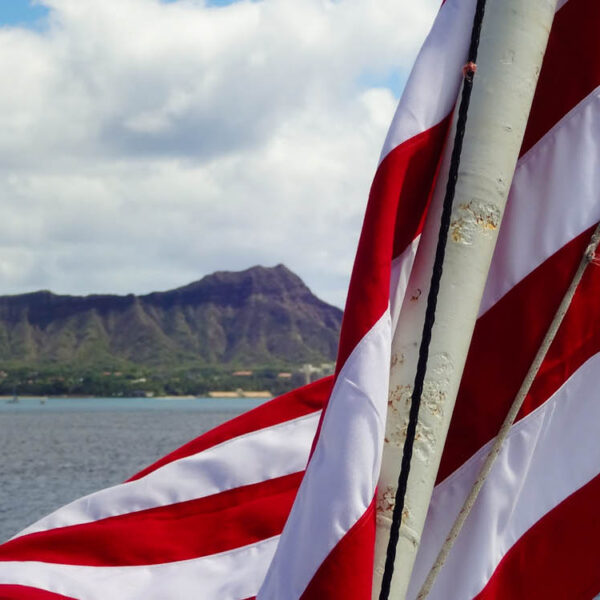 Pacific Indigenous Perspectives vs Global Ways of LearningFeatured Presentation: Hiagi M. Wesley
Pacific Indigenous Perspectives vs Global Ways of LearningFeatured Presentation: Hiagi M. Wesley
Speakers
The IAFOR International Conference on Education – Hawaii (IICEHawaii) is a multidisciplinary conference held concurrently with The IAFOR International Conference on Sustainability, Energy & the Environment – Hawaii (IICSEEHawaii). Keynote, Featured and Spotlight Speakers will provide a variety of perspectives from different academic and professional backgrounds.
-
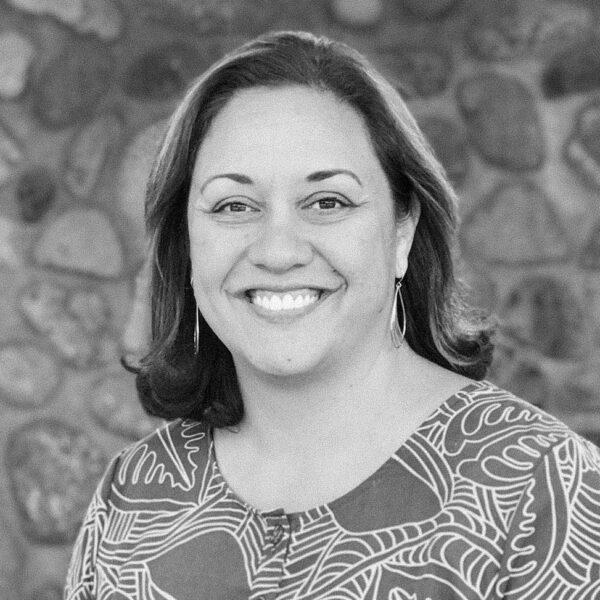 Sheri-Ann DanielsPapa Ola Lōkahi
Sheri-Ann DanielsPapa Ola Lōkahi -
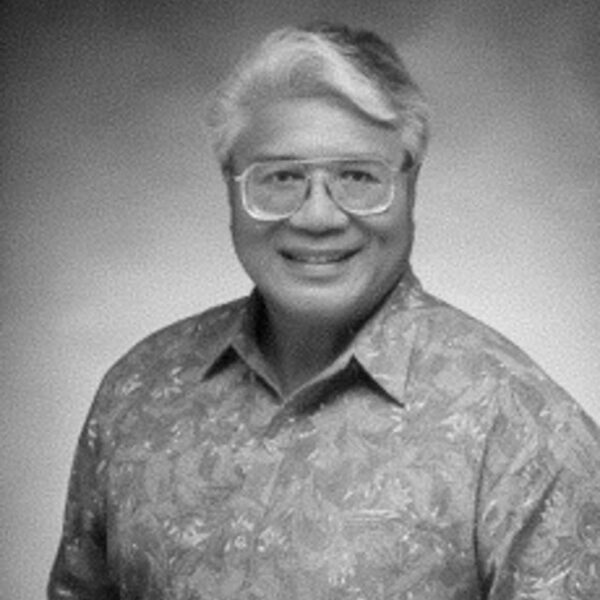 Failautusi ‘Tusi’ AvegalioUniversity of Hawaiʻi at Manoa, USA
Failautusi ‘Tusi’ AvegalioUniversity of Hawaiʻi at Manoa, USA -
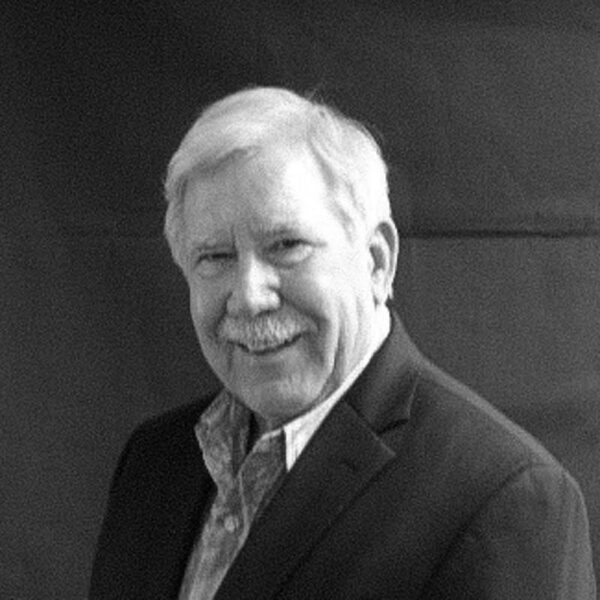 David P. EricsonUniversity of Hawaii at Manoa, USA
David P. EricsonUniversity of Hawaii at Manoa, USA -
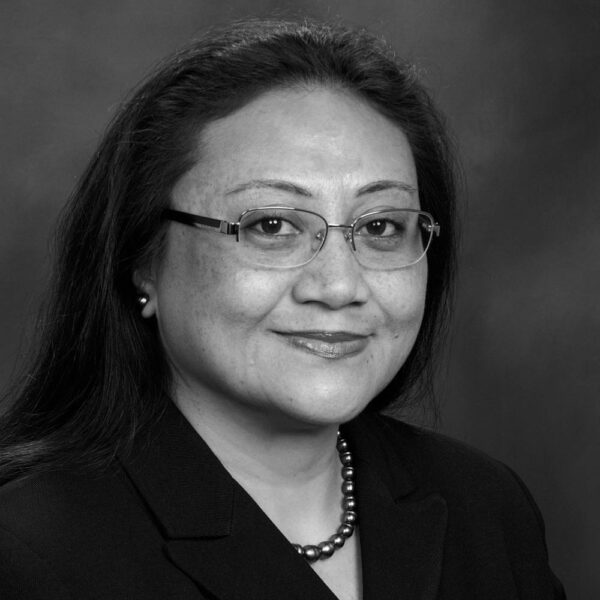 Sela V. PanapasaUniversity of Michigan, USA
Sela V. PanapasaUniversity of Michigan, USA -
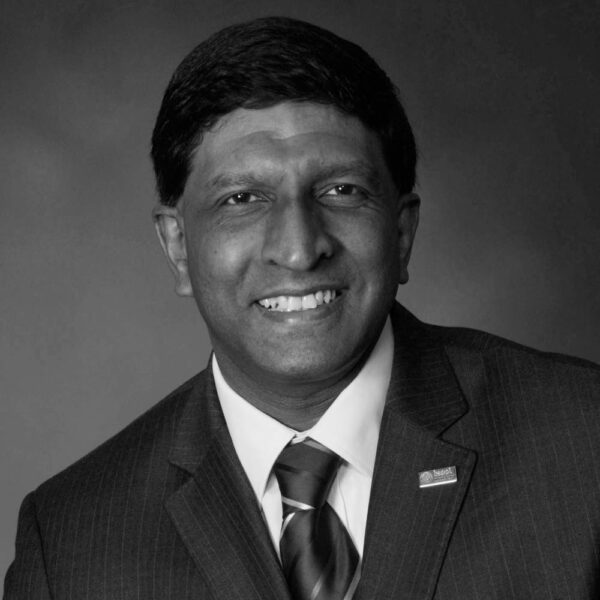 Andy CurtisAnaheim University, USA
Andy CurtisAnaheim University, USA -
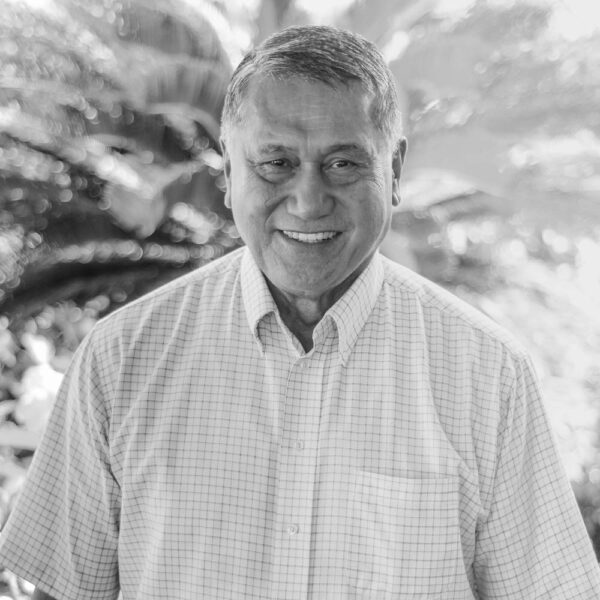 Hiagi M. WesleyBrigham Young University – Hawaii, USA
Hiagi M. WesleyBrigham Young University – Hawaii, USA -
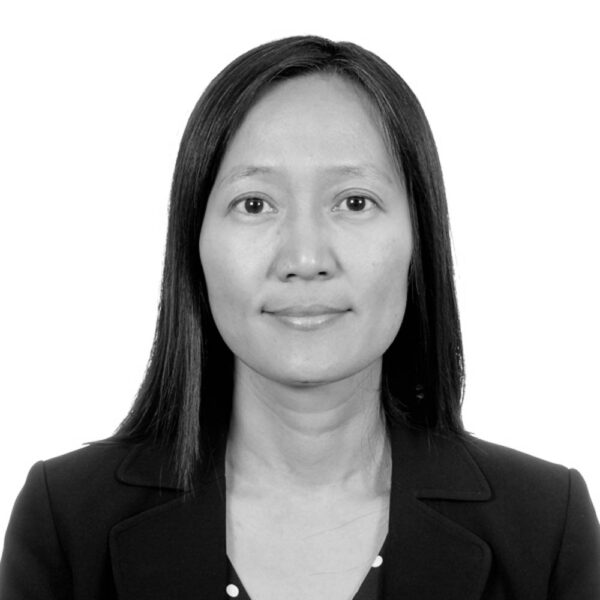 Xiaoyan LiangWorld Bank
Xiaoyan LiangWorld Bank -
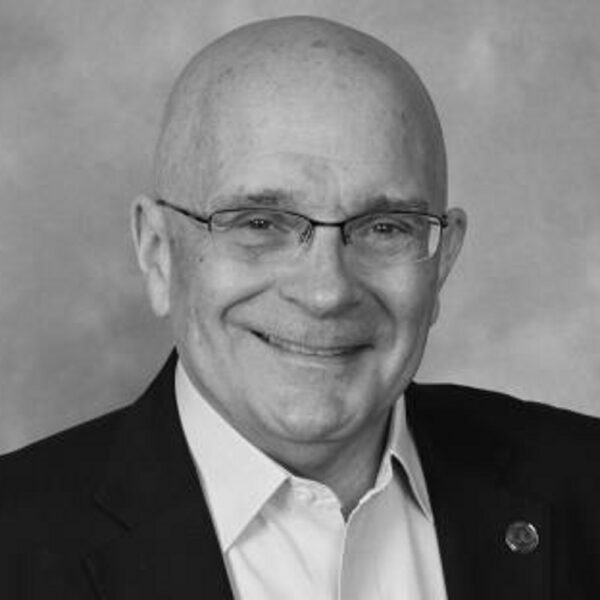 Richard R. VuylstekeEast-West Center, USA
Richard R. VuylstekeEast-West Center, USA -
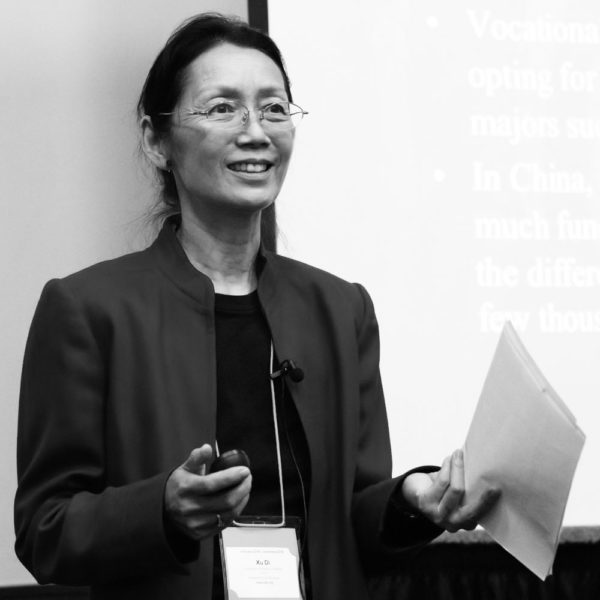 Xu DiUniversity of Hawai’i at Manoa, USA
Xu DiUniversity of Hawai’i at Manoa, USA
Organising Committee
The Conference Programme Committee is composed of distinguished academics who are experts in their fields. Conference Programme Committee members may also be members of IAFOR's International Academic Board. The Organising Committee is responsible for nominating and vetting Keynote and Featured Speakers; developing the conference programme, including special workshops, panels, targeted sessions, and so forth; event outreach and promotion; recommending and attracting future Conference Programme Committee members; working with IAFOR to select PhD students and early career academics for IAFOR-funded grants and scholarships; and overseeing the reviewing of abstracts submitted to the conference.
-
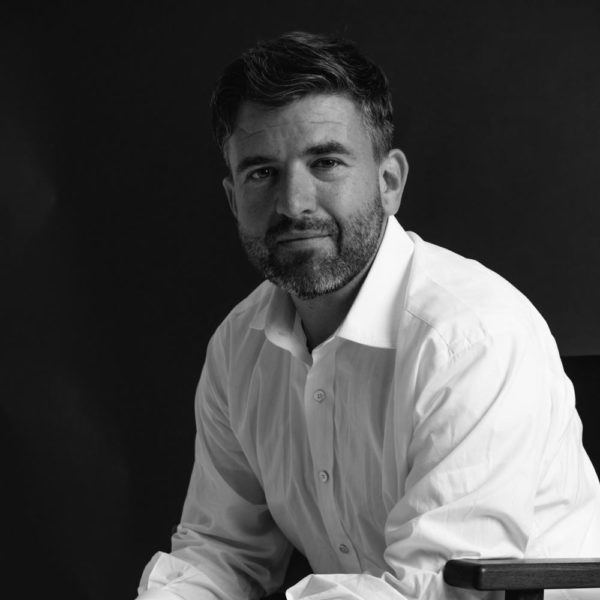 Joseph HaldaneThe International Academic Forum (IAFOR), Japan
Joseph HaldaneThe International Academic Forum (IAFOR), Japan -
 Sela V. PanapasaUniversity of Michigan, USA
Sela V. PanapasaUniversity of Michigan, USA -
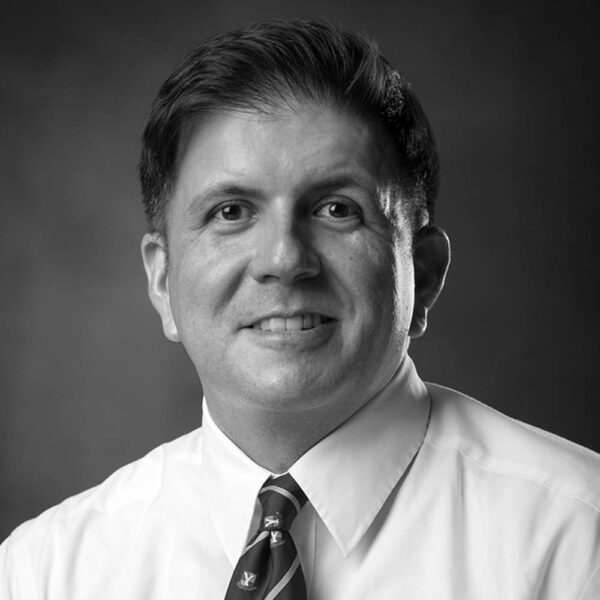 Ronald Mellado MillerBrigham Young University–Hawaii, USA
Ronald Mellado MillerBrigham Young University–Hawaii, USA -
 Xu DiUniversity of Hawai’i at Manoa, USA
Xu DiUniversity of Hawai’i at Manoa, USA -
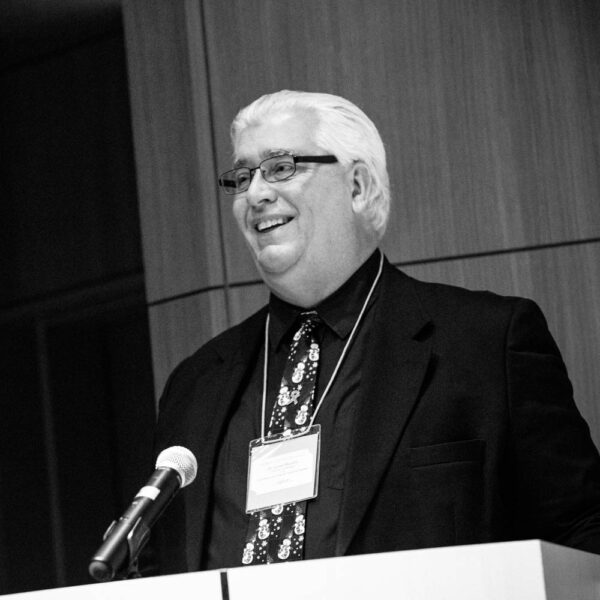 James W. McNallyUniversity of Michigan, USA & NACDA Program on Aging
James W. McNallyUniversity of Michigan, USA & NACDA Program on Aging -
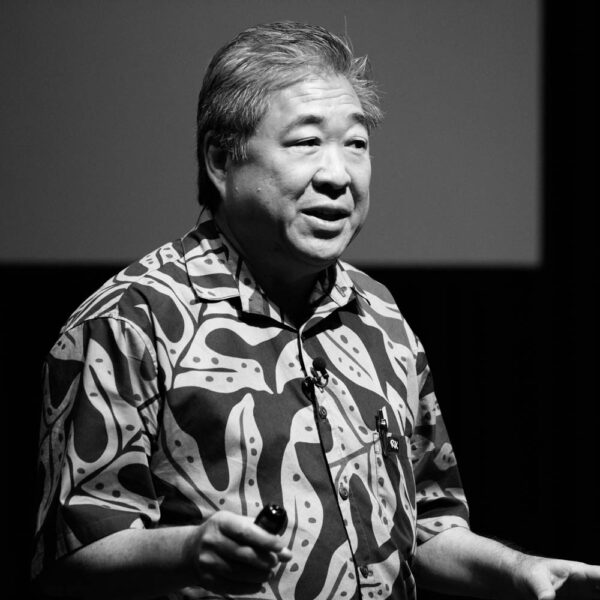 Curtis HoUniversity of Hawai’i at Manoa, USA
Curtis HoUniversity of Hawai’i at Manoa, USA -
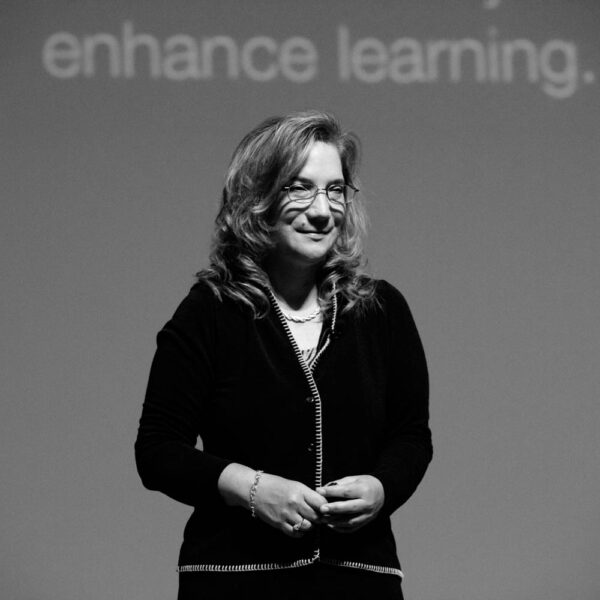 Barbara LockeeVirginia Tech, USA
Barbara LockeeVirginia Tech, USA
Review Committee
- Dr Ai Chun Yen, National DongHwa University, Taiwan
- Dr Graziela Giusti Pachane, UFTM, Brazil
- Dr Joanie Crandall, University of Saskatchewan, Canada
- Dr Joy Tungol, University of Santo Tomas, The Philippines
- Dr Kristin Palmer, University of Virginia, United States
- Dr Ksenija Napan, Massey University, New Zealand
- Dr Lazarus Maigoro, University of Jos, Nigeria, Nigeria
- Dr Mariane Gazaille, Université du Québec à Trois-Rivières, Canada
- Dr Martiallou Organiza, University of the Visayas, The Philippines
- Dr Pi-Chi Han, National Kaohsiung Normal University, Taiwan
- Dr Premnadh Kurup, La Trobe University, Australia
- Professor Sara Zimmerman, Appalachian State University, United States
IAFOR's peer review process, which involves both reciprocal review and the use of Review Committees, is overseen by conference Organising Committee members under the guidance of the Academic Governing Board. Review Committee members are established academics who hold PhDs or other terminal degrees in their fields and who have previous peer review experience.
If you would like to apply to serve on the IICE2019 Review Committee, please visit our application page.
Reviewers
IAFOR depends on the assistance of a large number of international academics and practitioners who contribute in a variety of ways to our shared mission of promoting international exchange, facilitating intercultural awareness, encouraging interdisciplinary discussion and generating and sharing new knowledge. Our academic events would not be what they are without a commitment to ensuring that international norms of peer review are observed for our presentation abstracts. With thousands of abstracts submitted each year for presentation at our conferences, IAFOR relies on academics around the world to ensure a fair and timely peer review process in keeping with established international norms of double-blind peer review. We are grateful for the time, effort and expertise donated by all our contributors.
IAFOR Grant & Scholarship Recipients
Our warmest congratulations go to Shaohua Pei, recipient of the Stuart D. B. Picken Grant & Scholarship, and Suvendu Biswas and Anna Bajema, recipients of IAFOR Scholarships, who have been selected by the conference Organising Committee to receive financial support to present their research at The IAFOR International Conference on Education – Hawaii 2018 and The IAFOR International Conference on Sustainability, Energy & the Environment – Hawaii 2018.
IAFOR's grants and scholarships programme provides financial support to PhD students and early career academics, with the aim of helping them pursue research excellence and achieve their academic goals through interdisciplinary study and interaction. Awards are based on the appropriateness of the educational opportunity in relation to the applicant's field of study, financial need, and contributions to their community and to IAFOR's mission of interdisciplinarity. Scholarships are awarded based on availability of funds from IAFOR and vary with each conference.
The Organising Committee of the relevant IAFOR conference awards scholarships to eligible applicants who have submitted exceptional abstracts that have passed the blind peer review process and have been accepted for presentation at the conference.
Shaohua Pei, Iowa State University, USA
Stuart D. B. Picken Scholarship Recipient
 Shaohua (Linda) Pei is currently a PhD candidate majoring in Educational leadership at Iowa State University, USA. Her research interests include struggles and success of international students, internationalisation of higher education, microaggression experience of Asian students, second language acquisition, and intercultural communication.
Shaohua (Linda) Pei is currently a PhD candidate majoring in Educational leadership at Iowa State University, USA. Her research interests include struggles and success of international students, internationalisation of higher education, microaggression experience of Asian students, second language acquisition, and intercultural communication.
Suvendu Biswas, BRAC University Institute of Educational Development (BRACU-IED), BRAC University, Bangladesh
IAFOR Scholarship Recipient
 Suvendu Biswas is currently a post-graduate student of Education at BRAC University, Bangladesh, and a Teach For Bangladesh fellow, working for quality education and educational equity in Bangladesh. He was previously an Indian Government’s International Council for Cultural Relations Scholar and did his initial post-graduation in Public Administration and Public Policy from the University of Mysore, India. Although Mr. Biswas is an International Relations graduate, he has diverse research interests. He is passionate about working on International Affairs, International Security, Global Political Economy, Public Policy and recent trend in Education and Education Policy. Suvendu’s future interest is to work as a researcher at a globally renowned university or research institute and devote rest of his career in the field of research.
Suvendu Biswas is currently a post-graduate student of Education at BRAC University, Bangladesh, and a Teach For Bangladesh fellow, working for quality education and educational equity in Bangladesh. He was previously an Indian Government’s International Council for Cultural Relations Scholar and did his initial post-graduation in Public Administration and Public Policy from the University of Mysore, India. Although Mr. Biswas is an International Relations graduate, he has diverse research interests. He is passionate about working on International Affairs, International Security, Global Political Economy, Public Policy and recent trend in Education and Education Policy. Suvendu’s future interest is to work as a researcher at a globally renowned university or research institute and devote rest of his career in the field of research.
Anna Bajema, James Cook University, Australia
IAFOR Scholarship Recipient
 Anna completed her undergraduate and honours degrees in psychology at James Cook University in Australia in 2014. She is currently a Phd student and her research project is investigating Australian perceptions towards Environmentally Displaced People in the context of the Integrated Threat Theory. Her project will also investigate how these perceptions are influenced by the use of virtual reality perspective taking.
Anna completed her undergraduate and honours degrees in psychology at James Cook University in Australia in 2014. She is currently a Phd student and her research project is investigating Australian perceptions towards Environmentally Displaced People in the context of the Integrated Threat Theory. Her project will also investigate how these perceptions are influenced by the use of virtual reality perspective taking.

